Plastics Waste Management Worlds
Hey friend, I came across some fascinating information about plastic waste management around the world. It's a global issue that affects us all, so I thought I'd share what I found with you. Let's dive in!
Top 5 Countries Producing the Most Plastic Waste
Plastic waste has become a major concern in today's world. Did you know that some countries produce a significant amount of plastic waste compared to others? According to Plastic Collectors, the top 5 countries producing the most plastic waste are:

1. China: China is the largest contributor to plastic waste production. The country generated a whopping 59.08 million metric tons of plastic waste in 2020 alone. This is partly due to its large population and extensive manufacturing industry.
2. United States: The United States comes in second place, producing around 38.6 million metric tons of plastic waste annually. Despite having a lower population than China, the country's consumption patterns and industrial activities contribute significantly to plastic waste generation.
3. Brazil: In Brazil, plastic waste production reaches approximately 11.35 million metric tons each year. The country's vast agricultural sector, along with its growing population and urbanization, adds to the plastic waste burden.
4. Japan: Japan is known for its technological advancements, but it also generates a significant amount of plastic waste. With an annual production of about 9.03 million metric tons, Japan ranks as one of the top contributors to plastic pollution.
5. Germany: Germany rounds up the top 5 countries producing the most plastic waste, generating around 7.18 million metric tons annually. The country's industrial activities and high standard of living contribute to its plastic waste output.
What Counts as Plastic Waste?
Understanding what qualifies as plastic waste is essential in addressing the problem effectively. According to AZoCleanTech, plastic waste includes any discarded plastic material that no longer serves its original purpose and cannot be recycled or reclaimed. It can come in various forms, including:
.jpg)
1. Single-use plastics: Items like plastic bags, straws, water bottles, and food packaging are often used once and then thrown away. These items contribute significantly to the plastic waste stream.
2. Microplastics: Microplastics are tiny plastic particles that are less than 5mm in size. They can come from larger plastic items that break down over time or from microbeads found in personal care products.
3. Plastic packaging: This includes wrappers, containers, and other forms of plastic used to package various products. While some packaging can be recycled, a significant portion ends up as waste.
4. Plastic products: Any product made entirely or partially from plastic that is discarded and cannot be recycled falls into this category. Examples include broken toys, broken appliances, and old electronic devices.
5. Plastic industrial waste: Industries that produce or use plastic materials generate significant amounts of plastic waste during their manufacturing processes. This includes scraps, molds, and other byproducts.
Where Will the World's Plastic Waste End Up?
The future of plastic waste management is a topic of concern for many. Plastic Action Centre reveals that if we don't take immediate action, the total amount of plastic waste in the world will reach a staggering 12 billion metric tons by 2050. So, where will all this waste end up?
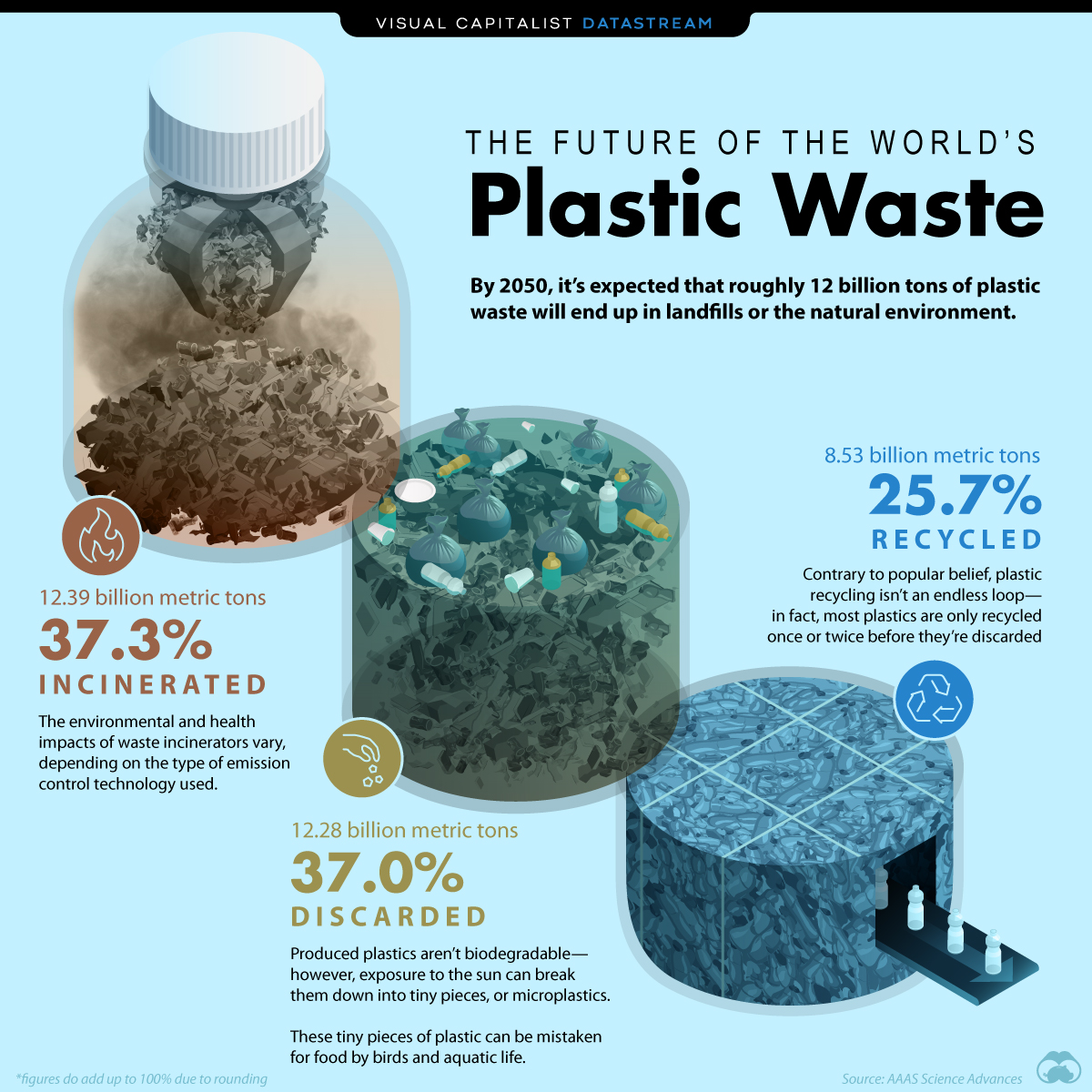
1. Landfills: A significant portion of plastic waste ends up in landfills. These enormous waste disposal sites take up valuable land and pose environmental risks. Plastics can take hundreds of years to decompose, causing long-term pollution issues.
2. Oceans and waterways: Plastic pollution in our oceans and waterways has garnered considerable attention in recent years. It is estimated that by 2050, there could be more plastic than fish in the ocean. This pollution harms marine life, damages ecosystems, and even enters the food chain.
3. Incineration: Incinerating plastic waste is another method of disposal. However, this process releases harmful gases and contributes to air pollution. It is not an ideal solution and should be avoided whenever possible.
4. Recycling: Increasing recycling efforts is crucial in managing plastic waste effectively. By recycling plastic materials, we can reduce the need for new plastic production and prevent it from ending up in landfills or our natural environment.
5. Upcycling and downcycling: Upcycling involves converting plastic waste into new products of higher value. For example, recycled plastic can be transformed into furniture, clothing, or building materials. Downcycling, on the other hand, involves converting plastic waste into lower-value products, such as plastic lumber or textiles.
European Plastics Waste and Recycling Management
Europe has been taking significant steps towards better plastic waste management. According to European Plastics Waste and Recycling Management, the European Union (EU) has implemented several policies and initiatives to address the plastic waste issue.
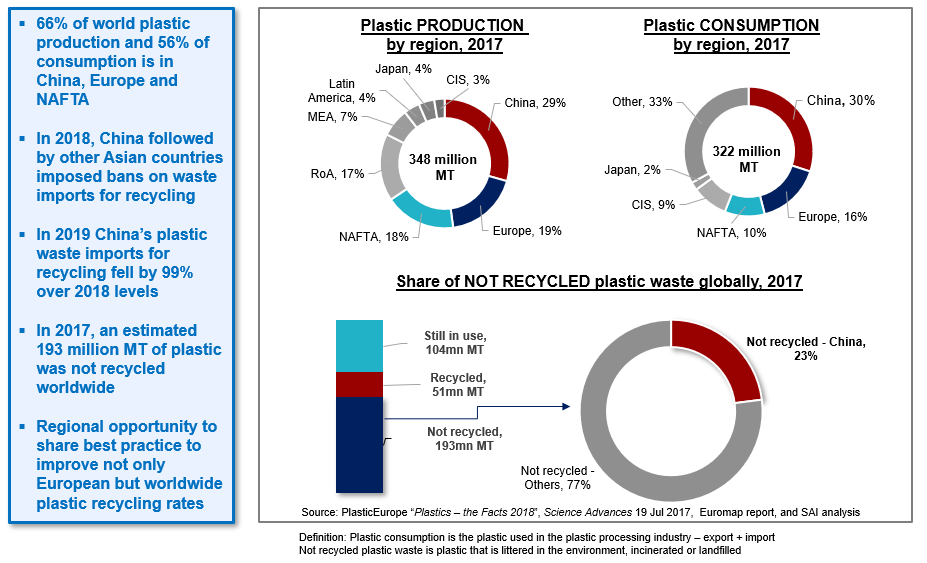
The EU's circular economy package sets a target for recycling 55% of all plastic packaging waste by 2025 and 65% by 2035. Additionally, single-use plastics like straws, cutlery, and balloon sticks have been banned in the EU since 2021.
European countries have also invested in innovative recycling technologies, including chemical recycling and advanced mechanical recycling. These methods allow for the recycling of a wider range of plastics and help reduce dependency on landfills and incineration.
Plastic Processing: Upcycling, Recycling, Downcycling, and more
Plastic waste processing involves various methods, each with its unique benefits and challenges. Earth5R explains different strategies for plastic waste management, including upcycling, recycling, downcycling, and more.

1. Upcycling: Upcycling takes discarded plastic waste and transforms it into products of higher value and quality. This process reduces the need for virgin plastic production and gives new life to materials that would otherwise end up in landfills or oceans.
2. Recycling: Recycling involves collecting plastic waste and converting it back into raw materials that can be used to manufacture new products. This process typically requires sorting and cleaning the plastic waste to remove contaminants before it can be recycled.
3. Downcycling: Downcycling is the process of converting plastic waste into lower-value products. For example, plastic bottles can be downcycled into plastic fibers used for things like carpets or clothing. While downcycling extends the lifespan of plastic materials, the quality of the end product is usually lower than the original.
4. Waste-to-energy: Some plastic waste can be used as a source of energy through processes like incineration or gasification. These methods convert the waste into heat, steam, or electricity. However, it's important to note that waste-to-energy should be seen as a last resort, as it still contributes to air pollution.
Plastic Waste Management in India
India, like many other countries, faces significant challenges when it comes to plastic waste management. With a massive population and rapid economic growth, the country generates a substantial amount of plastic waste.

Efforts are being made to tackle this issue. In India, electronic waste management company Clean to Green is taking strides towards proper plastic waste management. They aim to create awareness about the environmental impact of plastic waste and promote responsible recycling practices.
The Indian government has also taken steps to combat plastic pollution. Single-use plastic bans have been implemented in various states and cities, with the goal of reducing plastic waste generation. Additionally, recycling initiatives and campaigns are being launched to encourage citizens to recycle their plastic waste.
Plastics Waste Management Trends & Strategies to Reach Circular Economy
Reaching a circular economy for plastics is crucial in minimizing plastic waste and its negative impacts. Packaging360 highlights some current trends and strategies in plastic waste management that contribute to the circular economy.

1. Extended producer responsibility (EPR): EPR is a policy approach that holds the producer responsible for their product's entire lifecycle, including its disposal. This encourages companies to design products that are easier to recycle and promotes the establishment of recycling systems.
2. Sustainable packaging innovations: Many companies are actively exploring sustainable packaging alternatives to reduce plastic waste. This includes using biodegradable or compostable materials, designing packaging with recyclability in mind, and implementing refill and reuse systems.
3. Education and awareness: Raising awareness among consumers about the importance of recycling and responsible plastic waste management is crucial. Education campaigns and initiatives help individuals understand how their actions can contribute to a more sustainable future.
4. Collaboration and partnerships: Building partnerships between governments, businesses, and organizations is vital in addressing the plastic waste issue holistically. By working together, different stakeholders can share knowledge, resources, and best practices to develop effective solutions.
Plastics Waste Management Status in India
India, being one of the largest consumers of plastic in the world, faces significant challenges in managing plastic waste. A presentation on the current status of plastic waste management in India reveals the following key points:

1. Plastic waste generation: India generates approximately 9.46 million metric tons of plastic waste annually. This is a staggering number that highlights the urgent need for effective waste management practices.
2. Collection and segregation: Collection and segregation of plastic waste remain a significant challenge in India. Only about 60% of plastic waste is formally collected, and the rest often ends up in landfills, oceans, or informal recycling units.
3. Recycling capacity: India's plastic recycling capacity is around 5.78 million metric tons per year. However, the industry still faces infrastructural, technological, and economic barriers that hinder efficient recycling operations.
4. Informal sector involvement: The informal sector plays a crucial role in managing plastic waste in India. Ragpickers and small-scale recycling units contribute to the collection and recycling of plastic waste. However, the lack of proper regulations and infrastructure poses challenges for this sector.
5 Innovations That Could End Plastic Waste
As the plastic waste problem continues to escalate, innovative solutions are being developed worldwide. Here are five innovations that show promise in tackling plastic waste:
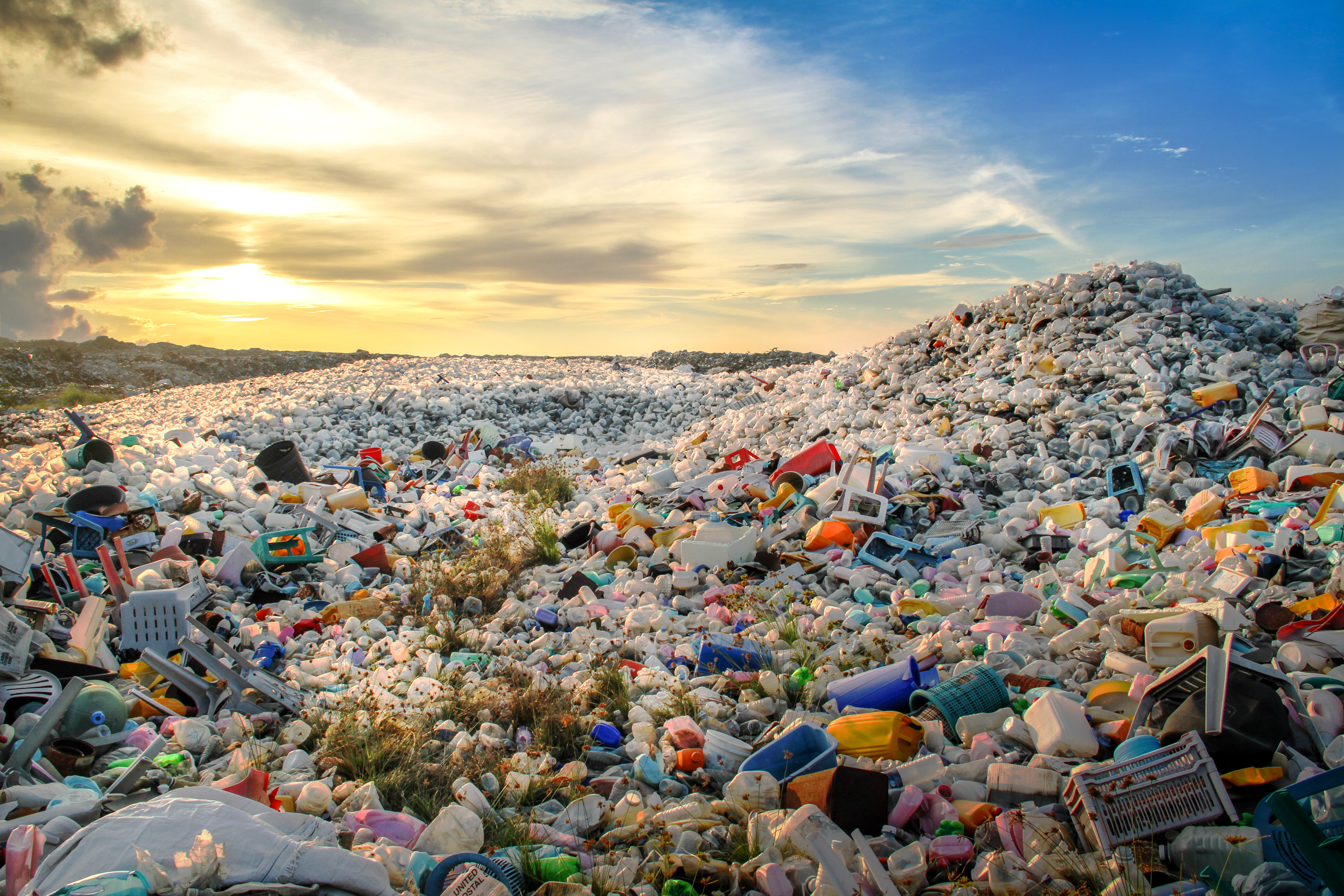
1. Biodegradable and compostable plastics: The development of biodegradable and compostable plastics provides an alternative to traditional plastics that take centuries to decompose. These innovative materials break down more quickly in natural environments, reducing their environmental impact.
2. Plastic-eating enzymes: Researchers have discovered enzymes that can break down certain types of plastics, such as polyethylene terephthalate (PET) bottles. These enzymes offer a potential solution for recycling plastic waste more effectively.
3. Plastic road construction: Some countries have started using plastic waste to build roads. By incorporating shredded plastic into asphalt mixtures, infrastructure can be created while simultaneously reducing plastic waste in landfills and oceans.
4. Ocean cleanup technology: Various projects and initiatives are utilizing advanced technology to clean up plastic waste from our oceans. These technologies include giant floating barriers that capture plastic debris, preventing it from causing further harm to marine life.
5. Packaging redesign: Many companies are reconsidering their packaging design choices to minimize plastic waste. This includes utilizing alternative materials, reducing packaging sizes, and implementing easily recyclable or reusable packaging options.
These innovations, along with collective efforts in waste management, recycling, and responsible consumerism, hold the key to ending plastic waste and creating a more sustainable future.
Now that you're armed with this knowledge, it's essential to spread awareness about plastic waste management and encourage everyone around you to make environmentally conscious choices. Together, we can make a significant impact and create a world with less plastic waste!
If you are looking for Here’s Where the World’s Plastic Waste Will End Up, by 2050 | Plastic you've visit to the right page. We have 35 Images about Here’s Where the World’s Plastic Waste Will End Up, by 2050 | Plastic like Top 5 Countries Producing the Most Plastic Waste - Plastic Collectors, Plastics waste management collaboration in the spotlight - Packaging and also Plastic waste management. Here you go:
Here’s Where The World’s Plastic Waste Will End Up, By 2050 | Plastic
 plasticactioncentre.ca
plasticactioncentre.ca waste worlds
Plastics Waste Management: Disposal, Recycling, And Reuse, N. Mustafa
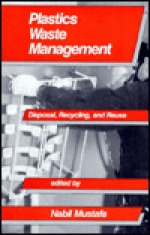 www.standardsmedia.com
www.standardsmedia.com disposal recycling plastics reuse waste management
Plastics Waste Management Trends & Strategies To Reach Circular Economy
 packaging360.in
packaging360.in waste plastics
Joint Public Hearing ‘Plastics And Waste Management In The Circular
 www.europarl.europa.eu
www.europarl.europa.eu plastics hearing joint
PLASTICS WASTE: Europe's Waste Management Federation FEAD Expects
 www.plasteurope.com
www.plasteurope.com waste plastics wpc fead recycling convention basel europe after plasteurope adoption amendments concerns collection
Plastics Waste Management Collaboration In The Spotlight - Packaging
 www.packagingmag.co.za
www.packagingmag.co.za plastics waste management economy circular collaboration spotlight sector
European Plastics Packaging Waste Study – Sankey Diagrams
waste plastics sankey packaging deloitte diagram recycling european study diagrams europe 2025 eu samples
Swamped With Plastic Waste: Malaysia Struggles As Global Scrap Piles Up
waste plastic malaysia asia disposal pollution scrap recycling piles tonnes send centre rubbish illegal some countries reuters factory piled flooded
Top 5 Countries Producing The Most Plastic Waste - Plastic Collectors
 www.plasticcollectors.com
www.plasticcollectors.com landfill hazardous rifiuti planierraupe bulldozer landfills disposal countries irpinia orticalab afbeelding imgflip dispose emergenza resta sfida privati attenzione proteste uil
European Plastics Waste And Recycling Management
 www.saiindustrial.com
www.saiindustrial.com waste plastics management european recycling
PLASTIC WASTE MANAGEMENT – Electronic Waste Management In India
 cleantogreen865722015.wordpress.com
cleantogreen865722015.wordpress.com bouteilles individuel recyclage
NATURE OF ENVIRONMENT: PLASTIC POLLUTION
 natureeni.blogspot.com
natureeni.blogspot.com plastic pollution waste recycling environment process management recycle recycled its nature tons
Plastic Waste And Pollution [Everything You Need To Know In 2020]
![Plastic Waste and Pollution [Everything You Need To Know In 2020]](https://cleanstreets.westminster.gov.uk/wp-content/uploads/plastic-waste-crisis-1.jpg) cleanstreets.westminster.gov.uk
cleanstreets.westminster.gov.uk plastic waste recycling earth non plastics mountain malaysia recyclable pollution zealand international recycled piling newshub nz christchurch everything need know
Recycling Plant To Generate Profit From Waste Plastic | The Engineer
 www.theengineer.co.uk
www.theengineer.co.uk plastic waste recycling plant technology pieces atse afterlife neutral australia development unlock chemical might examine engineers resource shredded timor profit
A Whopping 91 Percent Of Plastic Isn’t Recycled | National Geographic
 www.nationalgeographic.org
www.nationalgeographic.org pollution recycled plastics recycle waste percent whopping bacteria perils bangladesh dhaka vanilla coli flavoring cadena contro vademecum rehman asad embarquées
Plastic Waste Management...
 socialsciencepro.weebly.com
socialsciencepro.weebly.com waste plastic fuel management conversion liquid into plastics process
UKRI Invests £20m To Tackle Plastic Waste In Developing Countries – UKRI
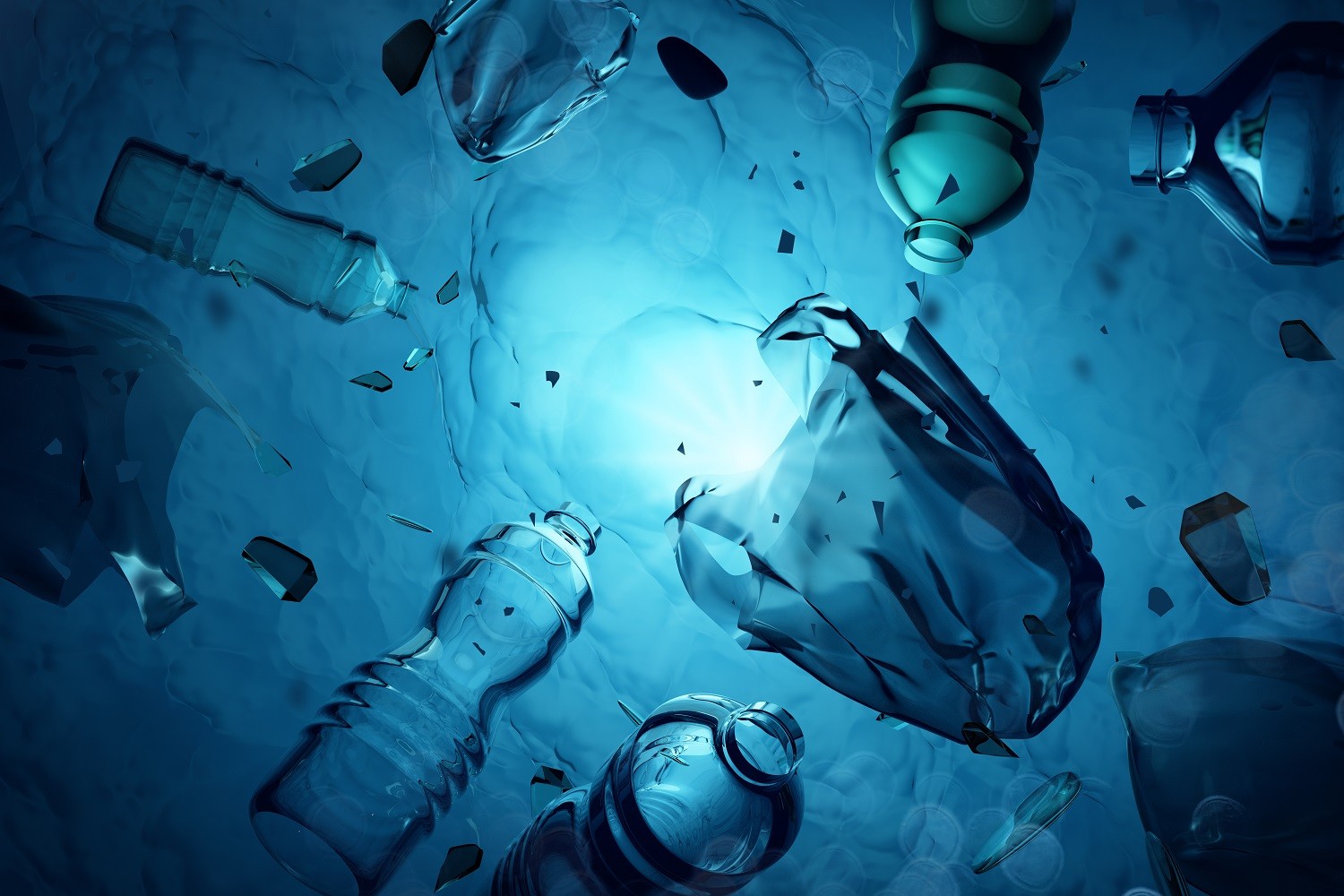 www.ukri.org
www.ukri.org plastic waste tackle ukri developing invests 20m countries november
Plastic Waste Management Market By Service & Equipment, Polymer,Source
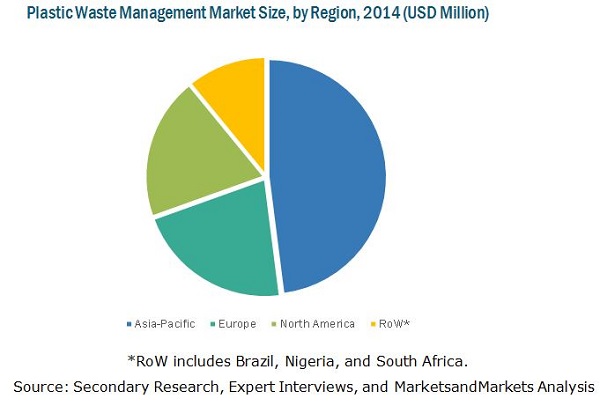 www.marketsandmarkets.com
www.marketsandmarkets.com waste plastic market management use end equipment source recycling packaging disposal hdpe ldpe global marketsandmarkets industrial incineration textile construction collection
Plastics: Material-Specific Data | Facts And Figures About Materials
 www.epa.gov
www.epa.gov waste plastics data material chart epa recycling management recycled specific facts figures production
What Counts As Plastic Waste?
.jpg) www.azocleantech.com
www.azocleantech.com plastic waste scrap oecd recycling organizing purge students project partial export updating countries progress rules counts
Infographic On How To Reduce Plastic Waste Vector Image
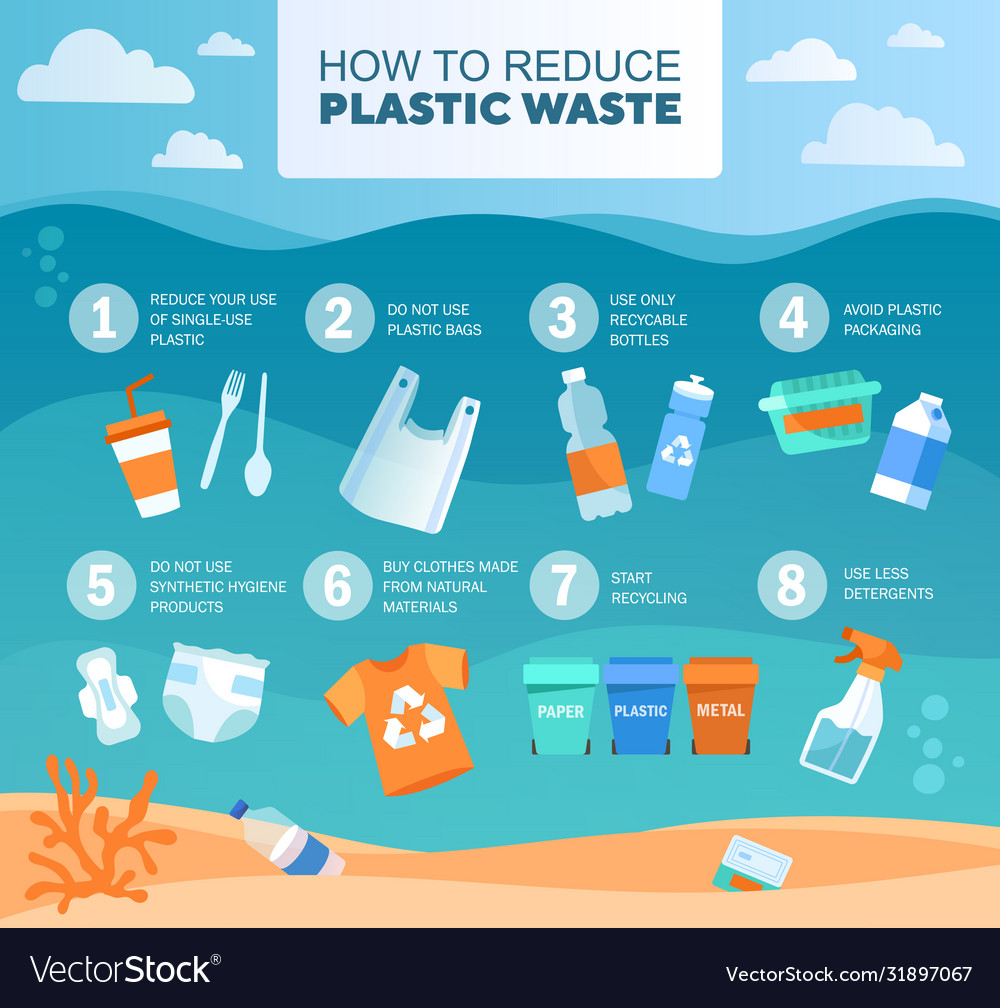 www.vectorstock.com
www.vectorstock.com plastic reduce waste infographic vector
Plastics Waste Management - Muralisrinivasan Natamai Subramanian
 www.adlibris.com
www.adlibris.com plastics sidottu adlibris englanti
(PDF) Plastic Waste Management Rules 2016 (Training PPT)
 www.researchgate.net
www.researchgate.net waste plastic management rules ppt training pdf
Plastics Waste Management Current Status - INDIA Presented On 07th
 issuu.com
issuu.com india waste plastic management
Plastic Waste Management
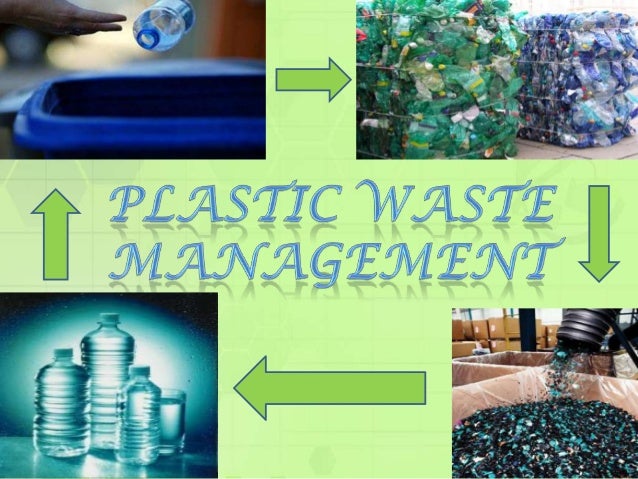 www.slideshare.net
www.slideshare.net waste plastic management disposal technologies safe sustainable smarter packaging choice much energy system slideshare recycle plastics vskills
Plastic Waste Management Options In Terms Of The Life Cycle Of
 www.researchgate.net
www.researchgate.net polymeric
Plastic Free July Continues.. | We Make Do
plastic waste management continues july without
The U.S. Plastics Pact Launches New Initiative To Redesign The Plastics
 www.greenbiz.com
www.greenbiz.com plastics circularity pact launches greenbiz plasticwaste
Plastic Waste (Part 1) | Inhabiting The Anthropocene
 inhabitingtheanthropocene.com
inhabitingtheanthropocene.com plastic waste part
5 Innovations That Could End Plastic Waste | Greenbiz
 www.greenbiz.com
www.greenbiz.com innovations greenbiz
3 Alternative Ideas For Waste Management In Developing Countries
 www.ipoint-systems.com
www.ipoint-systems.com Finding Solutions To Plastic Waste Management In India
 www.ecoideaz.com
www.ecoideaz.com recycling
Plastic Recycling Still Has A Long Way To Go In The U.S. [Infographic]
![Plastic Recycling Still Has A Long Way To Go In The U.S. [Infographic]](https://thumbor.forbes.com/thumbor/fit-in/1200x0/filters:format(jpg)/https:%2F%2Fblogs-images.forbes.com%2Fniallmccarthy%2Ffiles%2F2019%2F05%2F20190520_Plastic_Waste.jpg) www.forbes.com
www.forbes.com plastic recycling waste disposal long infographic still way go statista municipal
Plastics Waste Management
Plastic Processing: Upcycling, Recycling, Downcycling And More – Earth5R
 earth5r.org
earth5r.org plastica bottles wastes recycling discarica northern dump earth5r bottiglie garbage sampah recycle plast havet israel penghasil terbesar downcycling upcycling tonn
Bouteilles individuel recyclage. Plastic waste recycling earth non plastics mountain malaysia recyclable pollution zealand international recycled piling newshub nz christchurch everything need know. Plastic waste management
Comments
Post a Comment